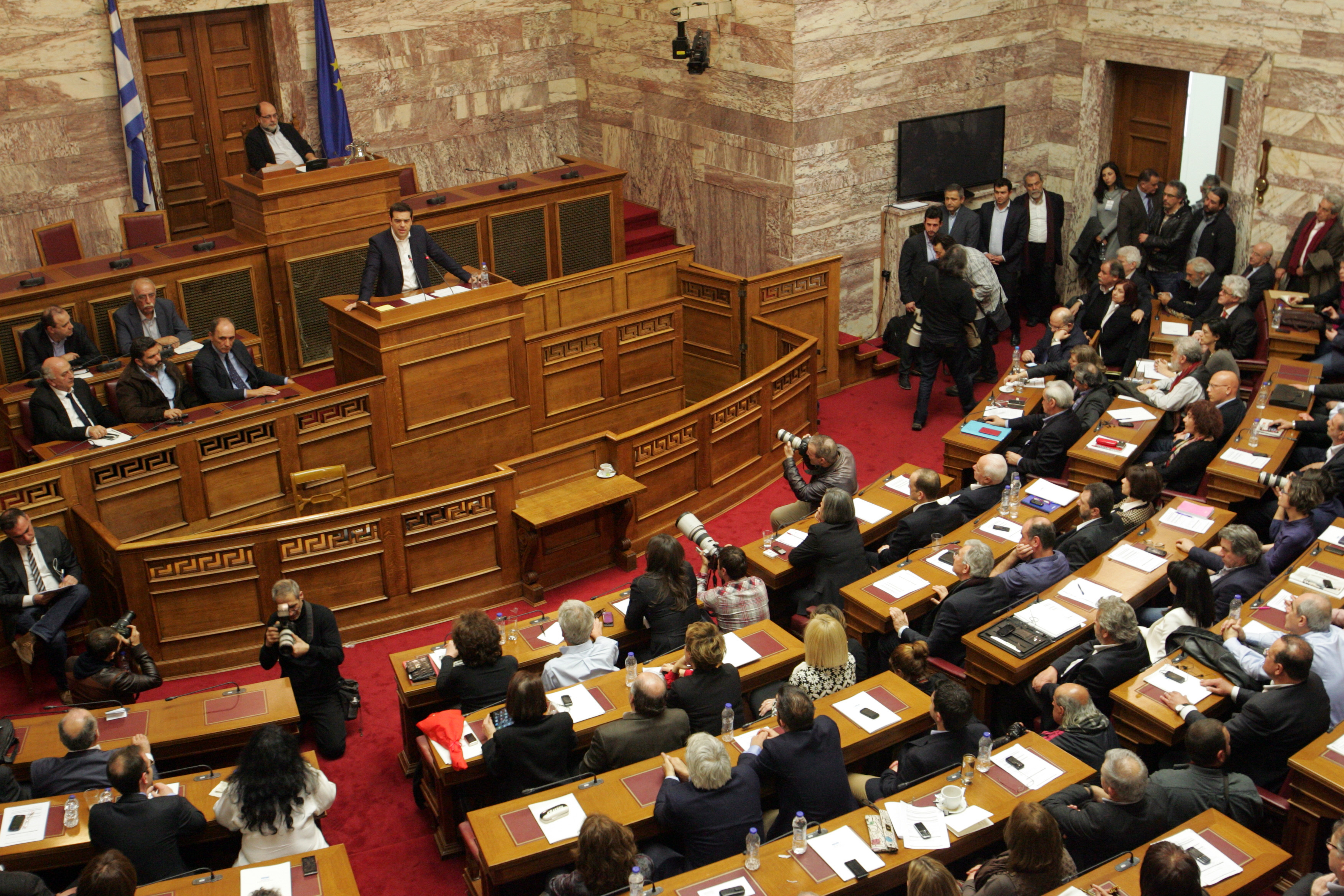The meetings in Brussels on Monday may not have resulted in an agreement between Greece and its international creditors, however it will the form the basis for further negotiations. With 8 billion euros worth of measures though, the Greek government may have a hard time passing the agreement in Parliament.
The risk of a complication though is not just “domestic”, since it appears that Greece’s partners do not intend to initiate any discussions on debt relief, a main demand of the Greek government. Reportedly, Prime Minister Alexis Tsipras attempted to broach the subject at the Summit on Monday, however there was no positive response.
This explains Mr. Tsipras’ quip that the ball is in Europe’s court and that there is no agreement yet. Additionally, this has been interpreted as an attempt to “trap” and maintain Greece in the single currency zone, irrespective of the government’s wishes, in order to preserve the Eurozone’s political and financial stability.
Mr. Tsipras’ meetings also reflected that Greek government’s intent to cooperate towards finding a mutually-beneficial solution, rather than pursuing a rupture. Although the IMF did not respond positively to the Greek proposals, Mr. Tsipras assured that he wishes to work with the fund on the debt. The meeting with ECB chief Mario Draghi was catalytic, as the central banker pledged to support Greek banks so long as Greece is in a program.
Monday’s meetings in Brussels have made it clear that while the terms of the negotiations are far simpler than what the Greek government had expected, they are also far harsher. Ultimately though, the Prime Minister chose to work towards an agreement with the country’s creditors, in spite on inter-party reactions.



